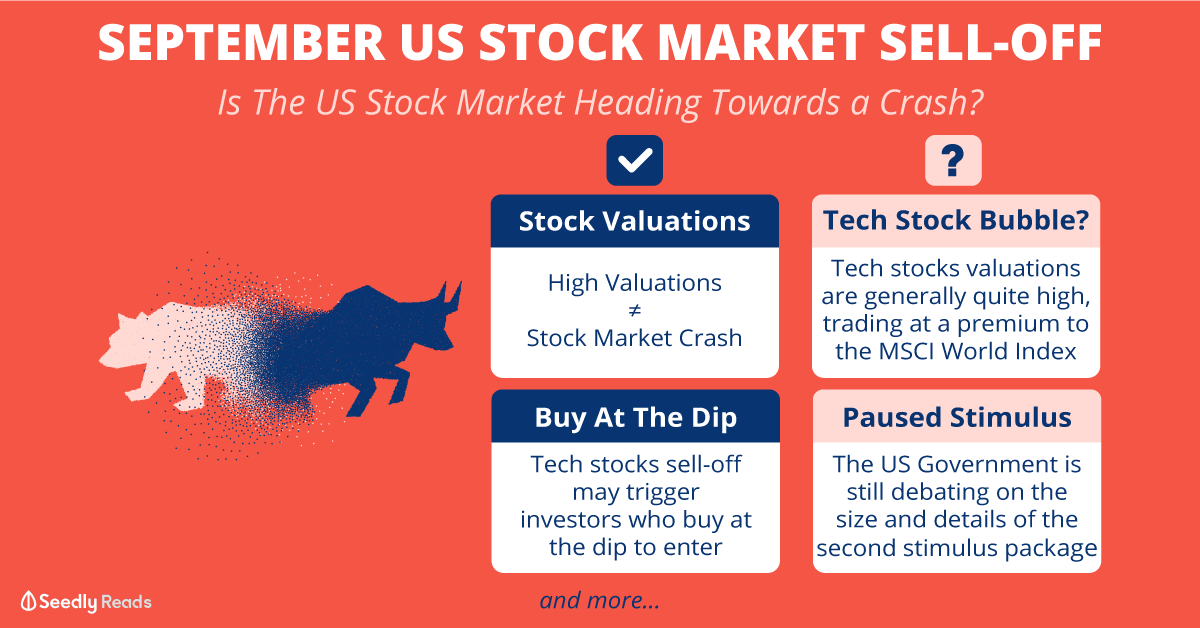Advertisement
What are the implications on currency pairs considering the peg to USD and that other countries are tapering asset purchases and scaling back QE before the US.
Disclaimer: i don't study econs or biz
thank you!
1
Discussion (1)
What are your thoughts?
Learn how to style your text
Reply
Save
Write your thoughts
Related Articles
Advertisement







I dont fully understand the second part of your question. But When a currency is pegged to another currecy, pegged currency is accepting the monetory policy and the yield curve of the anchored currency. If Anchored currency do QE, so does the pegged currency. thats how QE in US caused Hong kong dollars to pour in to the Chinese markets. However, regardless of the peg, When G7 currencies do QE, it has an impact on financial markets. For an example, when Euro zone did QE, it affected asset prices in US to go up assuming that excess capital will eventually fall in to the largest financial market.
In otherwords, QE is a signaling mechanism to finanacial markets. QE's effects are different in different markets. In US, it the stock market that is senstive to QE, but in Europe its the bond market.